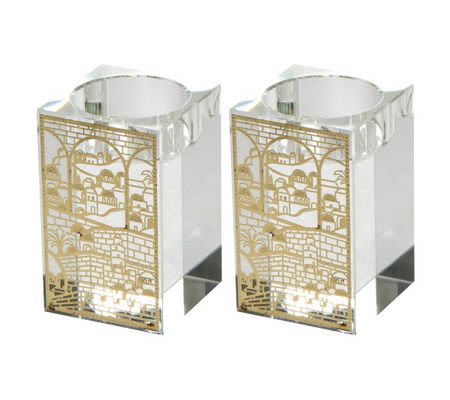
Painless Tribulations
If sickness, like everything else, is a gift from Hashem and all for the best, then why do we pray to Hashem to make us healthy? Why do we sick in the first place?

Translated by Rabbi Lazer Brody
The Gemara (Tractate Berachot, 34b) relates that the son of Rebbe Yochanan ben Zakai became ill. Rebbe Yochanan sent a message to Rebbe Chanina ben Dosa asking him to pray on his son’s behalf. Rebbe Chanina ben Dosa put his head between his knees and prayed, and the son was healed. Rebbe Levi Yitzchak of Berditchev asked, “Why did Rebbe Chanina have to put his head between his knees? Why could he not have just exclaimed, ‘Be healed!’ and be finished? We know the concept of ‘A Tzaddik decrees, and Hashem fulfills’ – so why not here too?”
The Berditchever Rebbe responded that Rebbe Chanina ben Dosa was a highly spiritual person. His mind was always in the upper worlds where everything is good, and everything is seen as good. He would have seen that the boy’s illness was for his eternal benefit, so how could he then pray for him to get better? Rebbe Yochanan ben Zakai came to Rebbe Chanina ben Dosa begging for mercy on behalf of his ill son. This roused Rebbe Chanina’s mercy, so he decided to invoke mercy on the ill boy in a way that the boy would recognize as mercy. Since the child felt that being healthy was good, Rebbe Chanina “put his head between his knees,” meaning that he lowered himself and entered the “head space” of this world. He did this  deliberately in order to avoid seeing what was going on in the upper world; namely, that the boy’s illness was actually for the good. In this way, Rebbe Chanina ben Dosa was able to pray for the ill child and help invoke both mercy and healing on this worldly level.
deliberately in order to avoid seeing what was going on in the upper world; namely, that the boy’s illness was actually for the good. In this way, Rebbe Chanina ben Dosa was able to pray for the ill child and help invoke both mercy and healing on this worldly level.
In the same vein, we can understand why we pray “Heal us” thrice daily in the Shemonah Esrei prayers. Why pray for ill people when it must be good for them to be sick? The answer is that when a person is sick, his suffering is due to one of four reasons:
1. To atone for his sins.
2. To atone for the sins of the generation.
3. To stimulate a person to self-assessment and subsequent teshuva.
4. To bring a person closer to Hashem.
If an illness triggers an atonement process that a person failed to initiate on his own, then the suffering is well worth the outcome. For that reason, we say the blessing “Heal us” after the blessing “Make us return in complete teshuva before You” and the blessing “Forgive us.” Only after requesting forgiveness and teshuva is it appropriate to ask, “Heal us.” Once we arise from our spiritual slumber and return to Hashem, Hashem no longer needs to implement wake-up calls such as illness and suffering.
Spiritual awareness mitigates the suffering of this world. Anyone who attains the level of spiritual awareness that everything is for the best does not suffer. This often painful material world is so much more bearable – even enjoyable – when we are able to accept everything that transpires in our lives with love.
There is deep significance in thanking Hashem for the seemingly bad in a person’s life. When a person thanks Hashem for the good in his life, he expresses his appreciation for this good, making the statement that he doesn’t take Hashem’s loving-kindness for granted. But when a person thanks Hashem for the less-desired occurrences and life’s difficulties, he makes an even stronger statement that he lovingly and unconditionally accepts Hashem’s sovereignty.
Love and unconditional acceptance of whatever Hashem does is a most admirable fulfillment of Jewish Law (Shulchan Aruch, Orach Chaim, 222:3) which states, “A person is obligated to say a blessing on the [seemingly] bad wholeheartedly, just as he would say a blessing on the good.” In other words, such a person accepts Hashem’s providence completely; this is a true expression of humility and the foundation of spiritual awareness.
Nothing mitigates harsh judgments like humility. Our Sages teach that by accepting life’s tribulations and suffering willfully and with humility, we don’t feel any pain from them.










Tell us what you think!
Thank you for your comment!
It will be published after approval by the Editor.